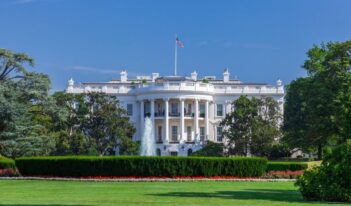
Policies submitted in response to OSTP memorandum.
The White House Office of Science and Technology Policy (OSTP) announced on August 11, 2011 that 19 executive branch agencies had met OSTP’s deadline to submit drafts or final versions of scientific integrity policies. Two agencies, the Department of State and the US Agency for International Development, are behind schedule. Several other agencies have declined to develop their own policies, but will instead follow the policies created by their parent agencies.
The scientific integrity policies were developed in response to a December 2010 memorandum from OSTP, which outlined a number of topics to be addressed by each agency. A major focus of the memorandum was shielding government research from undue political influence. The memorandum urged agencies to develop clear standards for evaluating job applicants based on scientific credentials, addressing conflicts of interest, and protecting whistleblowers. Additionally, the memorandum instructed agencies to develop policies that promote communication with the public, support government scientists’ professional development, and ensure that federally-registered lobbyists do not serve on scientific advisory committees.
OSTP called the draft submissions “a big step forward to ensuring scientific integrity.” Some outside observers, however, believe the process is hindered by a lack of transparency. The advocacy organization OMB Watch, for example, has noted that OSTP has not yet set a deadline for submission of final policies, nor required that final policies be released to the public.
Additionally, according to the OMB Watch, OSTP did not require agencies to seek public comments on their draft policies, and several agencies including the National Aeronautics and Space Administration (NASA), the Department of Commerce, the Department of Justice, and a coalition of federal intelligence agencies have declined to do so.
OSTP is an entity within the Executive Office of the President dedicated to advising the President on “the effects of science and technology on domestic and international affairs.”



